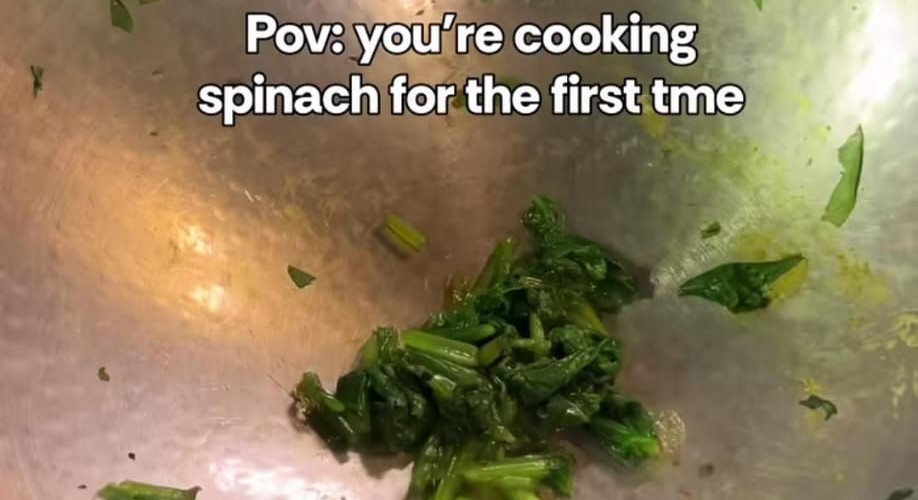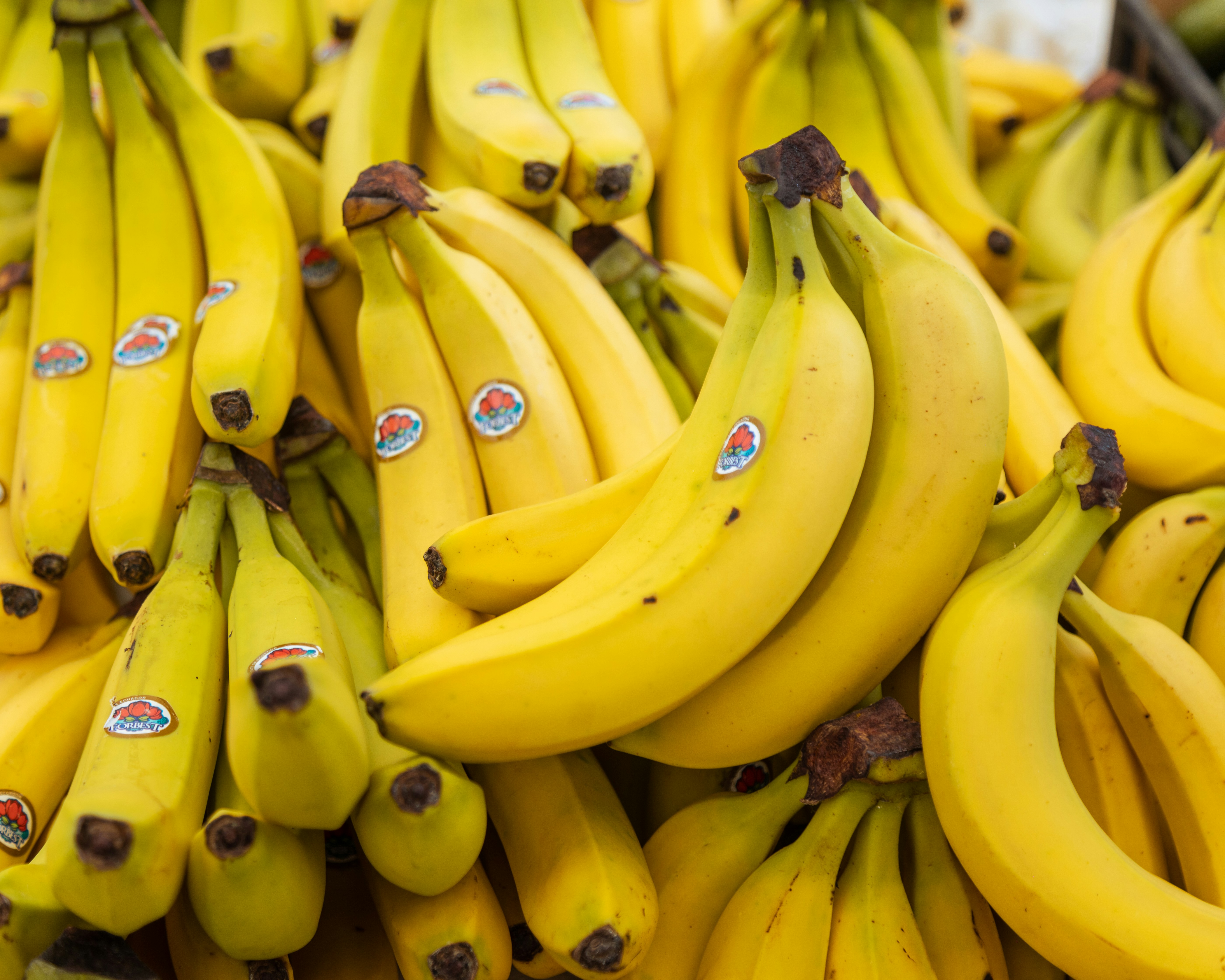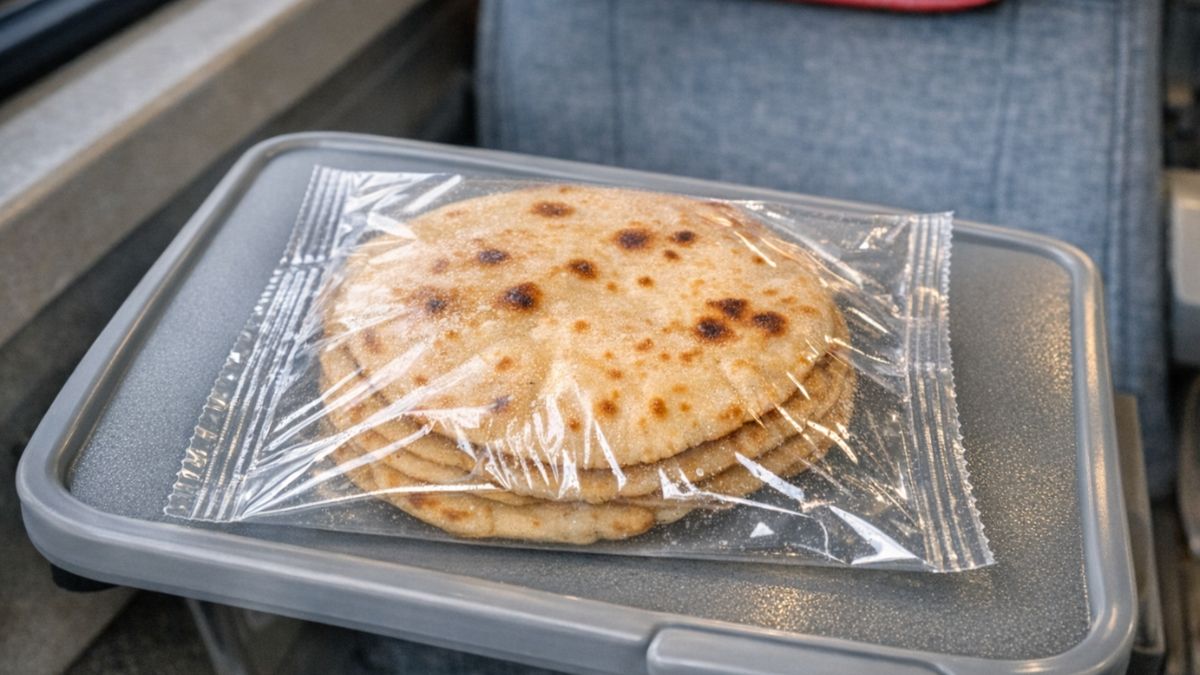Every kitchen functions in a better way because of modern-day appliances; a microwave is one of them. Thanks to its immense usefulness, a microwave is now an integral part of our day-to-day cooking and other kitchen work. From heating to baking and even cooking, the microwave does it all. While it has made our life in the kitchen incredibly easier, it also comes with its own set of risks. Burns, overheating, fire, and in rare cases, radiation injuries have been reported due to mishandling of the appliance. If you are a regular user of a microwave, it is important to be aware of all the risks involved with the use of a microwave, and ways to prevent them
U.S Food & Drugs Administration (FDA) shares a few key safety tips to handle a microwave at home. These tips can help prevent mishaps and let you enjoy the benefits of this useful invention.
(Also Read: 4 Of The Best Microwave Oven Options For Your Kitchen Setup)
Here're 5 Safety Tips To Use Microwave:
1. Read the Instructions Manual
Every microwave comes with its own operations and functions. It is important to go through the manufacturer's instructions before operating the microwave. Directions in the user manual provide recommended operating procedures and safety precautions.
2. Use Microwave-Safe Containers:
Using incompatible containers in a microwave can lead to uneven cooking and undercooking, and may even lead to fire and damage to the microwave. FDA recommends using microwave-safe containers glass, ceramic, and plastic containers labelled for microwave oven use. Avoid metal pans or aluminium foil because microwaves reflect off them. And regular plastic containers are a bad idea because heat can melt them.
(Also Read: Is It Safe To Heat Food In Microwave? Expert Reveals)
3. Avoid Overheating Water
Avoid super-heated water in your microwave. "Super-heated" means water is heated beyond its boiling temperature, without signs of boiling. If you heat water beyond the boiling temperature, a slight disturbance or movement may cause the water to violently explode out of the cup. FDA reveals that there have been reports of serious skin burns around people's hands and faces because of this mistake.
4. Check For Leakage:
Check your microwave regularly for any kind of leakage. Watch out for unusual gas eruptions or odours from the microwave. FDA also recommends that you do not use an oven if the door doesn't close firmly or is bent, warped, or otherwise damaged.
5. Don't Use If It Works With Door Open:
Microwaves are designed in a way that they operate with closed doors to prevent radiation from spilling out. Don't use ovens that seem to operate when the door is open. The FDA recommends that you immediately stop using a microwave oven if this happens.
(Also Read: 10 Brilliant Microwave Hacks that Will Make Your Life A Lot Easier )
Continue to enjoy using your microwave but keep these safety tips in mind.
About Neha GroverLove for reading roused her writing instincts. Neha is guilty of having a deep-set fixation with anything caffeinated. When she is not pouring out her nest of thoughts onto the screen, you can see her reading while sipping on coffee.










